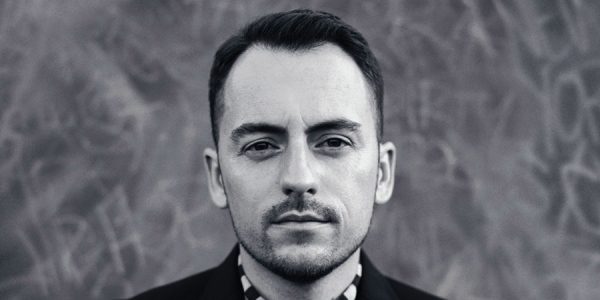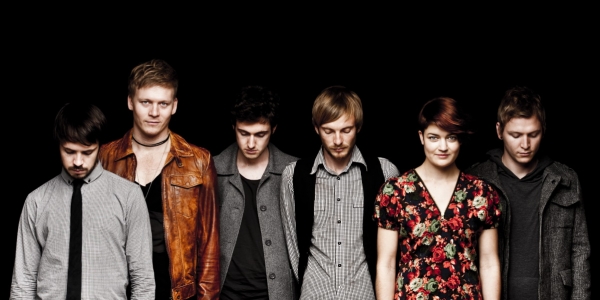“I would say it was somewhere around August-September last year was when I really made the absolute decision – ‘cool, I’m gonna do this album, it’s going to be a compilation of different artists, and I need to get it done by a certain date’,” he states. “Music-wise I already had beats, so I had some things to choose from. That helped define the sound.”
Gratitude marks a return to fundamental hip hop values, enlisting the vocal talents of Talib Kweli, Mobb Depp’s Havoc, Monsta G, Freddie Gibbs, Blaison Maven, Jamall Bufford and plenty more. Moving to New York was a motivated decision to become absorbed in the city’s rich hip hop history.
“I guess it was a deliberate move when I moved here, to be in the mix with hip hop and other genres of music. New York is the hub, and I wanted to be a part of that. Just being in this environment, hearing other people’s music. And just being closer to that underground hip hop movement. I’m working with [record label] Duck Down, and that’s their area of expertise. It’s just got me back on that vibe of making rap beats for straight up hip hop – not for radio or the dancefloor. Just good stuff for the rap fans to listen to.”
Though the history of hip hop is both rich and expansive, P-Money has narrowed his scope to the classic era of East Coast rap. “It definitely harks back to the commonly referenced era of the ‘90s New York sound, pioneered by guys like Pete Rock and DJ Premier with Gang Starr. They’re the dudes that I always listen to. That sample-based stuff, chopping up records. That’s always a reference point for a lot of the stuff that I do, particularly with this album.”
All genres of electronic music are more susceptible to the follies of trend, hip hop not excluded. But Gratitude manages to avoid any current trend alignment – a deliberate move on P-Money’s behalf. “I’m a music fan, so I’m always aware, I like to stay in touch with what’s happening. This album I felt that it didn’t stick with any particular trend, but I felt that it’s cool music and there are people out there that miss the sound, that still dig the sound, and they would really dig the record. I guess it was a deliberate move against the trends. I’m aware of what’s going on, but this is its own thing and hopefully it stands up on its own.”
One of the first tastes from Gratitude came in the form of The Hardest, a collaboration with iconic rap duo M.O.P. “With that particular song, when we first got in touch with M.O.P. to see if they were interested and had to send the track first and foremost so they could hear what I was pitching to them. Then they liked it and said they could do the track. I wanted to record in person, so we got together in a studio near where I live in Soho,” he reveals. “They were down to do that, and they’d written the bones of it then finished the rest off in the studio. They’re absolute legends in my mind, I’ve been listening to their music since I was a kid. So it was interesting just as a fan to see how they work. I just wanted them to do what they do, they’re known as one of the hardest, most hardcore, rap duos of all time, and I wanted that on the song. And they definitely brought it.”
Despite being away from his homeland for the course of a year, P-Money has been keeping track of New Zealand’s hip hop scene.
“It’s as strong as ever. In some ways it’s enjoying a second renaissance, definitely in the underground side of things. There are artists who have embraced the current music industry model where they can record themselves and distribute it online without the need for any major label infrastructure,” he beams. “I’m watching these kids and some of them are rising to the surface and translating it into real albums that people can purchase. Home Brew is the perfect example, where they did their thing online then at clubs and venues around the country, then within a two year span they’ve had a huge album. There is a whole flock of kids coming up who have seen that example and thought, ‘Cool, we can do that ourselves.’ And that’s really encouraging and great to see.”
BY LACHLAN KANONIUK

